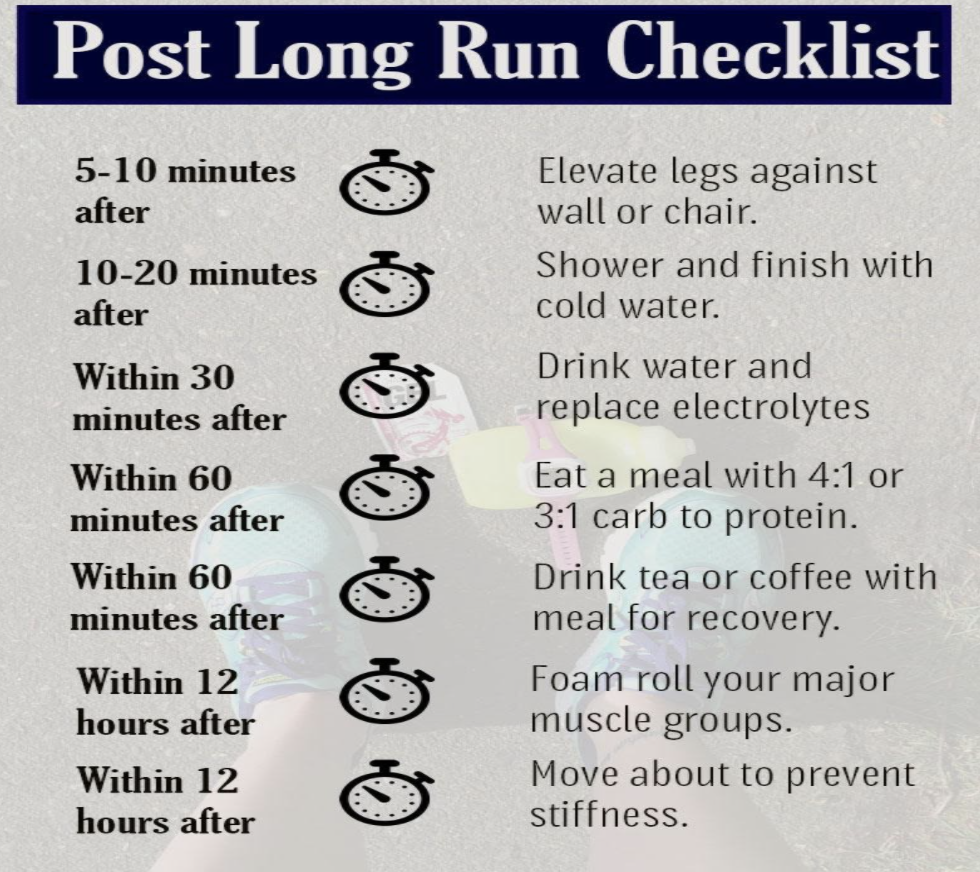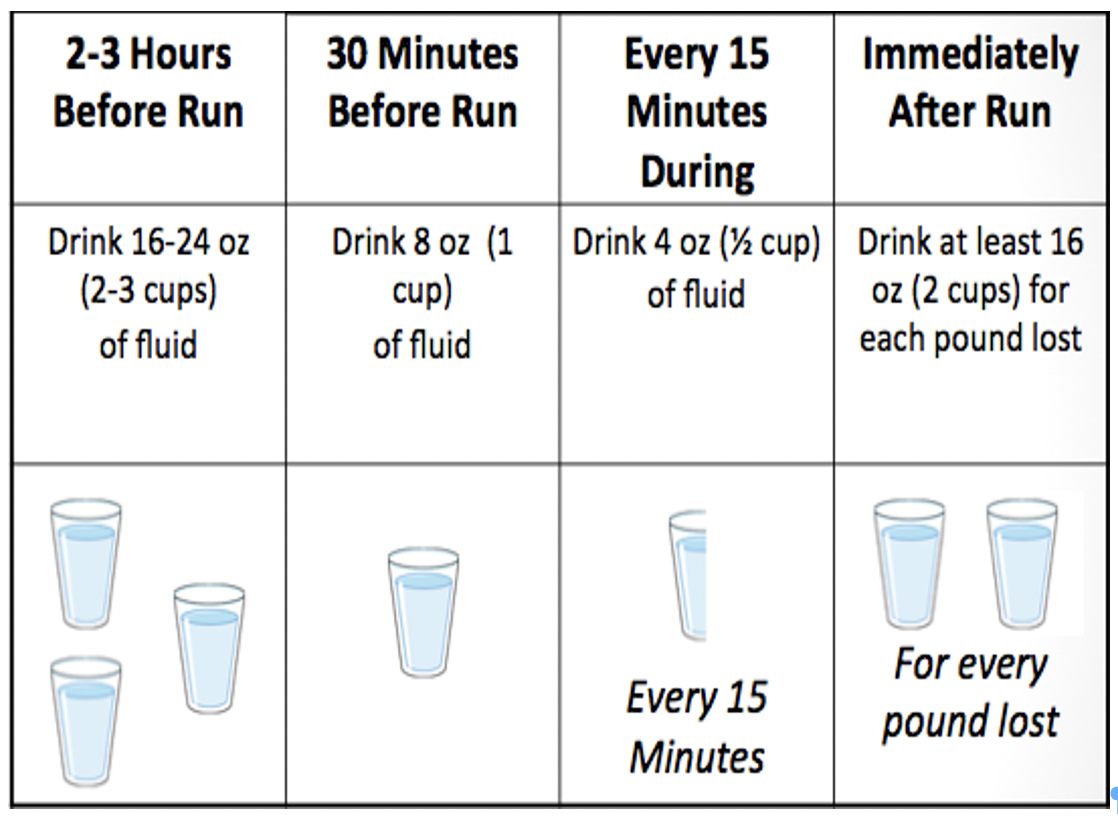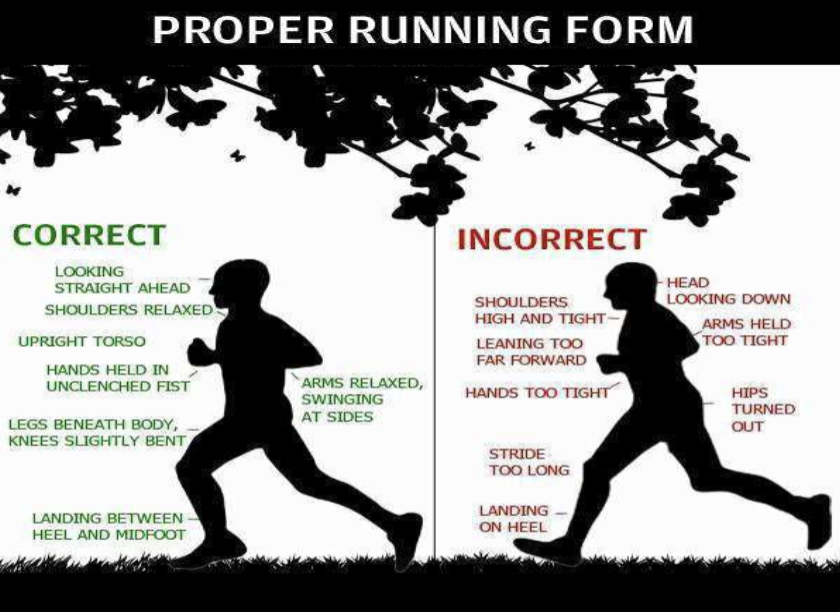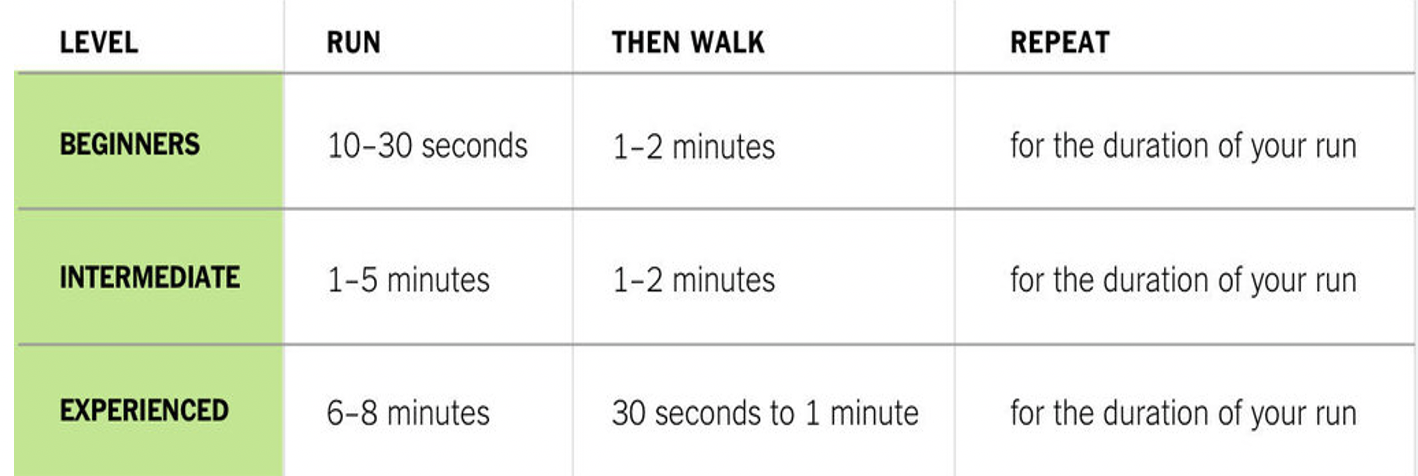Exercise Month – March 2021
March 5, 2021

Tips on how to start running plus benefits of running
WEEK 04
Running benefits:
Regular running strengthens your immune system and may lengthen your lifespan.
Do not forget to cool down
A cool down is something that gets overlooked by many taking to running for the first time, but it is actually just as crucial as warming up. Ending your run with a slow walk or jog helps to remove lactic acid from your muscles and gradually decrease your heart rate and blood pressure to resting level, which helps to avoid dizziness and fainting.
Importance of rest
Rest is a vital part of your running procedure as it gives your body time to recover and rebuild. Whenever you take part in any type of physical activity, you create little micro tears in the muscle tissue (which is a completely normal muscle-building process) and resting allows your body to repair itself before your next run. If you fail to properly rest, your body won’t have had sufficient time to fully repair, which in turn causes you to feel sore and tired. When you first start to partake in your running program, we recommend having at least one rest day in between your run days.
After running meal
An hour more or less after your run, you should eat a full meal with carbs, protein and fat. To be more exact, your meal should contain a 3:1 carbs to protein ratio. Carbs are still important at this point, but your body also needs protein to build muscles and rest.

WEEK 03
Use breathing as your guide when running.
You should be able to carry on a conversation while running, and your breathing shouldn’t be heavy. Don’t worry about your pace per mile if you can pass the “talk test” and speak in complete sentences without gasping for air, then you’re moving at the right speed. Make sure you are breathing in through your nose and breathing out through your mouth. Proper breathing and taking deep breaths will help you avoid annoying cramps in the abdomen area.
Run with a friend.
It really helps to have someone about the same level of ability as you to run with. You will encourage each other when you are not so keen to run. You will feel that you do not want to let your running partner down and this will help motivate you.
Set yourself goals.
It doesn’t matter how experienced or competent at running you are, setting yourself goals will help to keep your motivation levels high throughout your training. They can be as small or as simple as you like, they just need act as an incentive and push you on to improve your performance.
Fuel your body.
What you put in your body is just as important as what you wear when you start running. Consider food and hydration as part of your gear. Eat light when you are planning to run and keep your body hydrated before, during and after running.

WEEK 02
Running benefits:
Regular running strengthens your joints, and it is a stress reliever.
Proper running form :
Improving your running form can help you run faster, more efficiently and comfortably, and with less stress on your body and reduced injury risk. Take a look at the following picture.

Gradually build miles
As a new runner, your body isn’t acclimatized to running for long periods which is why you should gradually build your miles up over time. You need to ease yourself into the sport by slowly increasing the miles you cover and pace you run at, otherwise, you will be at a significantly higher risk of developing an injury or quit running. Think that 1 km is like 2 times around the school, 2 km is 4 times arounds…
Do not forget warm up
It’s important that you warm-up for at least 5 minutes before you head out on any run. Not only does it help to prepare your muscles for the upcoming activity and reduce the chance of them feeling tight, but it also slowly raises your heart rate to minimize the stress placed on your heart when you start your run. Popular warm up exercises include brisk walks, light jogs, and any other dynamic stretches.
WEEK 01
Running is free, you can do it anytime, anywhere, you do not need special equipment and it is fun!
Running benefits
Regular running can reduce your risk of long-term illnesses, such as heart disease, type 2 diabetes and stroke. It can also boost your mood and keep your weight under control.
Before you start
If you feel out of shape or you are recovering from an injury or worried about an existing condition, see a doctor before you start running.
A good pair of running shoes that suits your foot type may help improve comfort.
Plan your runs. Work out when and where (the exact route and time) you are going to run and put it in your diary. That way, it will not slip your mind.
If you find continuous running too challenging, the Run-Walk Method is a great way for new runners to get started and for experienced runners to improve their race times. Take a look at the following table:

Marathon Facts
* Ethiopian runner, Abebe Bibika, was a two-time Olympic marathon champion while running barefoot.
* In the 2013 London Marathon, 74% of runners ran for charity. In total, they raised 52,8 million pounds.
* Experts recommend drinking 400- 800 ml/hour during a marathon.
* The youngest person to ever run a marathon was Wesley Paul at the age of 8 years old. He ran NYC marathon in an unbelievably epic 3hrs and 31secs.
* The marathon is a long-distance race with an official distance of 42.195 kilometres (26 miles 385 yards), usually run as a road race.
*Spyridon Louis, commonly known as Spyros Louis, was a Greek water-carrier who won the first modern-day Olympic marathon at the 1896 Summer Olympics.
* First Marathon in Space.During the 2007 Boston Marathon, astronaut Sunita Williams ran 26.2 miles while onboard the International Space Station in 4 hours and 24 minutes.
*There is a marathon in France that kicks off the race with a sip of wine. The race also has 22 refreshment stands and 21 gourmet foods stalls throughout the course, and a red carpet at the finish line!
* At just 6 years old, Wu Chun-hao completed the Fubon Taipei Marathon in Taiwan in December 2010. Wu and his five siblings ran the race together. He finished in 5 hours, 11 minutes, according to the China Post.
* An elite runner prepares for a marathon logging an average of 100 miles per week.
* A typical marathon runner’s diet is 65% carbs, 25% protein, and 10% fat.
* Most of the marathon runners will use 2 pairs of shoes during training.


